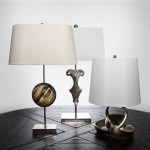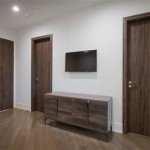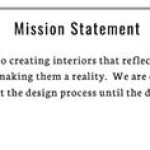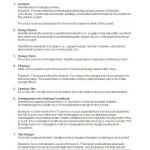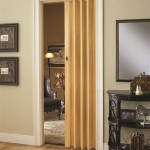Types of Interior Decoration
Interior decoration is the art and science of enhancing the interior of a space to achieve a specific aesthetic and functional outcome. It involves the selection and arrangement of furniture, fixtures, finishes, colors, textures, and accessories to create a harmonious, visually appealing, and comfortable environment. Different styles of interior decoration cater to diverse tastes and preferences, reflecting historical and cultural influences, personal expression, and functional requirements. This article explores some prominent types of interior decoration, providing an overview of their defining characteristics and elements.
Modern
Modern interior decoration emerged in the early 20th century, emphasizing simplicity, functionality, and clean lines. It rejects ornate details and unnecessary embellishments, favoring minimalist designs and a focus on practicality. Key elements of modern decor include:
- Open floor plans
- Neutral color palettes
- Geometric shapes and patterns
- Natural materials like wood, leather, and stone
- Minimalist furniture with clean lines
Modern interior decoration values functionality and embraces the use of technology, often incorporating smart home devices and innovative lighting solutions. It creates a sense of spaciousness and order, emphasizing the beauty of simplicity and functionality.
Contemporary
Contemporary interior decoration reflects current trends and styles, embracing a more fluid and eclectic approach than its predecessor, modern design. It values innovation, originality, and a focus on comfort. Key elements of contemporary decor include:
- Bold colors and patterns
- Unique textures and materials
- Statement furniture pieces
- Mix-and-match styles
- Integration of natural light and greenery
Contemporary interior decoration often blends different styles and periods, creating a personalized and eclectic aesthetic. It celebrates individuality and allows for creative expression, reflecting the latest trends in design and technology.
Traditional
Traditional interior decoration draws inspiration from historical styles, emphasizing classic elegance, comfort, and a sense of history. It often incorporates elements of Victorian, Georgian, or French Provincial styles, characterized by ornate details, rich colors, and luxurious fabrics. Key elements of traditional decor include:
- Formal layouts and symmetrical arrangements
- Warm and inviting color palettes
- Antiques and heirloom pieces
- Elaborate moldings, wainscoting, and trim
- Rich fabrics like velvet, silk, and brocade
Traditional interior decoration creates a sense of timeless elegance and sophistication, reflecting a reverence for history and craftsmanship. It emphasizes comfort and hospitality, creating a warm and inviting atmosphere.
Scandinavian
Scandinavian interior decoration, also known as Nordic design, emphasizes functionality, simplicity, and a strong connection with nature. It values clean lines, natural materials, and a focus on light and space. Key elements of Scandinavian decor include:
- Neutral color palettes with pops of bright accents
- Natural materials like wood, wool, and leather
- Simple and functional furniture
- Plenty of natural light
- Minimalist accessories and clutter-free spaces
Scandinavian interior decoration creates a sense of peace, tranquility, and comfort, emphasizing a connection to nature and a focus on well-being. It values functionality and embraces a sustainable approach to design.
Industrial
Industrial interior decoration draws inspiration from industrial spaces, emphasizing exposed brick, metal, and concrete. It embraces raw materials, distressed finishes, and a utilitarian aesthetic. Key elements of industrial decor include:
- Exposed brick and concrete walls
- Metal accents like pipes, beams, and lighting fixtures
- Reclaimed wood and vintage furniture
- Dark and muted color palettes
- Open floor plans and minimal partitions
Industrial interior decoration creates a sense of urban coolness and edgy sophistication, reflecting a fusion of industrial and modern design elements. It emphasizes functionality and space, with a focus on creating a unique and character-filled environment.
These are just a few of the many types of interior decoration. The specific style chosen depends on individual preferences, the function of the space, and the overall aesthetic desired. Regardless of the style, the goal of interior decoration is to create a space that is both visually appealing and functional, reflecting the personality and lifestyle of the occupants.

Interior Design Styles Designteacher

Decorating Styles 101 Find The Interior Design You Love House Principles Styling

Types Of Interior Design Theme

Types Of Interior Design Styles Modern Minimalist Eps

Types Of Interior Design Styles Zad Interiors

Diffe Interior Design Styles Types Of Home Décor

7 Most Popular Types Of Interior Design Styles In 2024 Beautiful Homes

The Selected Interior Design Styles Scientific Diagram

Types Of Interior Designing And Diffe Styles

Interior Styles Classic Modern Minimalism Loft Provence


